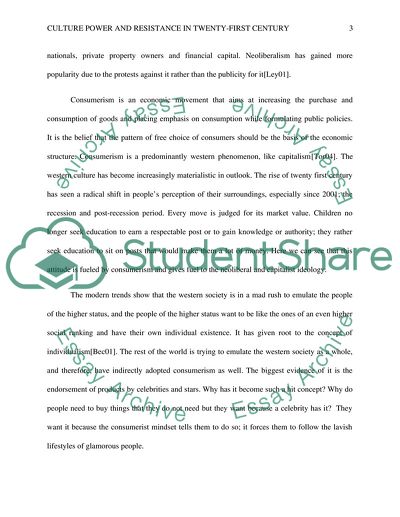Cite this document
(Culture, Power and Resistance in Twenty-First Century Research Paper, n.d.)
Culture, Power and Resistance in Twenty-First Century Research Paper. Retrieved from https://studentshare.org/politics/1773598-culture-power-and-resistance-in-the-twenty-first-century
Culture, Power and Resistance in Twenty-First Century Research Paper. Retrieved from https://studentshare.org/politics/1773598-culture-power-and-resistance-in-the-twenty-first-century
(Culture, Power and Resistance in Twenty-First Century Research Paper)
Culture, Power and Resistance in Twenty-First Century Research Paper. https://studentshare.org/politics/1773598-culture-power-and-resistance-in-the-twenty-first-century.
Culture, Power and Resistance in Twenty-First Century Research Paper. https://studentshare.org/politics/1773598-culture-power-and-resistance-in-the-twenty-first-century.
“Culture, Power and Resistance in Twenty-First Century Research Paper”, n.d. https://studentshare.org/politics/1773598-culture-power-and-resistance-in-the-twenty-first-century.


